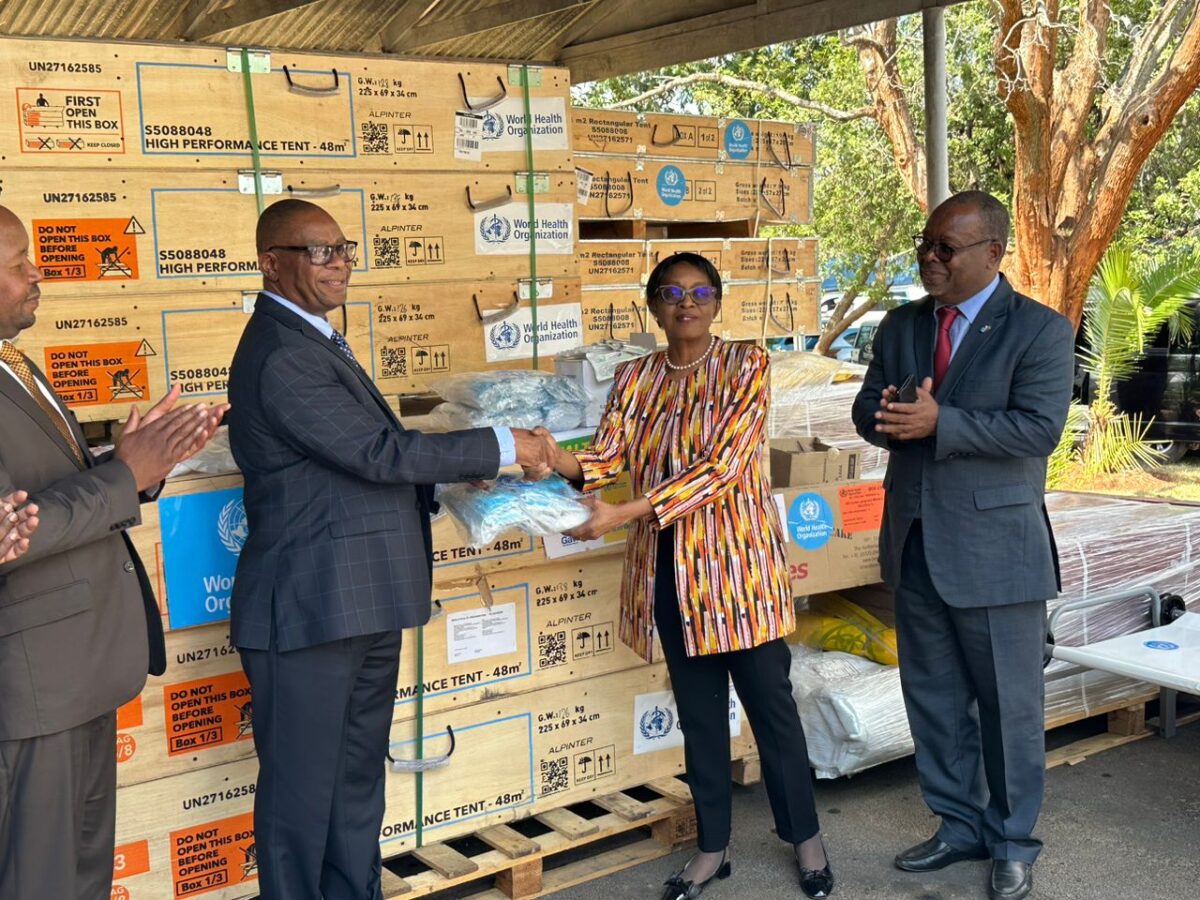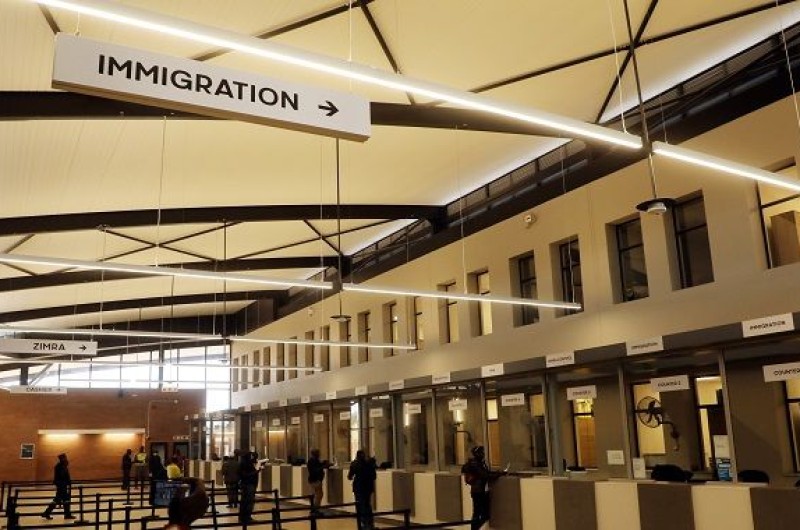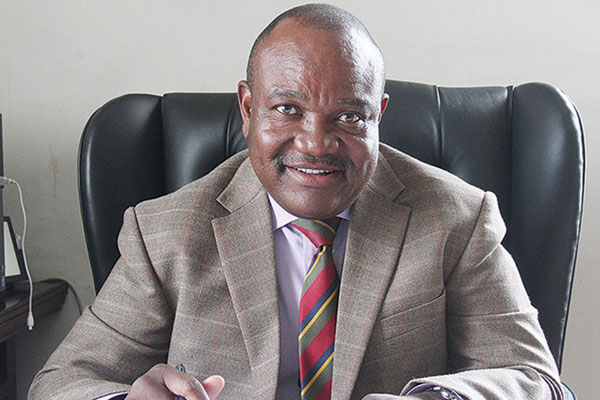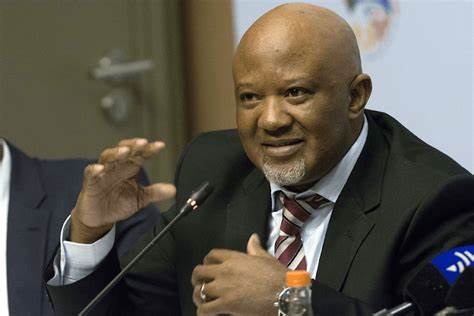HARARE – Health and Child Care minister Douglas Mombeshora says government is battling to contain the spread of the current cholera menace before the onset of the rain season and height of the festive period.
He was speaking in Harare Tuesday while receiving goods and medicines worth over US$200,000 donated by the World Health Organisation (WHO) to help boost the country’s cholera response efforts.
WHO regional director for Africa, Matsidiso Moeti handed over the consignment consisting of beds for cholera patients, diagnostic kits, oral rehydration salts, tents, among other items.
Handing over the donation, Moeti expressed hope that Zimbabwe would bring an end to the cholera crisis before the start of the festive holidays, which are generally associated with gatherings and mass movement of people.
“We are hopeful of ending this outbreak before the Christmas mass movement of people begins,”” Moeti said.
“With these essential medicines which are needed, with diagnostic kits that are needed which enables the establishment of cholera treatment centres particularly this is our main desire.
“We all have to redouble our efforts, mobilise the community and move them to treatment centres so they get treatment which saves lives.
“This is what we can offer from WHO just to re-assure you that we are a partner that is by your side before, during and after the outbreak.”
Accepting the donation, Mombeshora said cholera hotspots in Manicaland and Harare’s Kuwadzana high density suburb were still giving him headaches.
“We had lots of challenges with oral rehydration salts and I see on this consignment we have. We had shortages of rapid diagnostic kits but you have also provided those.
“This donation is going to make a huge impact in our approach to bringing cholera to an end. This epidemic has to come to an end as soon as possible.
“At the moment, we are not happy because the figures are still high, although when we compare figures up to last week, we had about 1,744 new cases in one week, countrywide but that is for the previous week.
“Last week, we had about 1,520; so there has been a decrease. We have seen a decrease in cases even in Harare, even in Kuwadzana, there has been a slight decrease of about 60 patients.”
The top government official said water supply challenges which had been hampering the cholera response strategies in Kuwadzana were now a thing of the past.
“The challenges we have had in Kuwadzana were related to clean water supply but the government has intervened through the ministry of energy; they were able to repair the main line dedicated to the water treatment plant at Morton Jeffrey two weeks ago.
“So, we are now hoping that fresh water will be available more frequently. It could be the reason why are also seeing a decrease.
“We have a huge challenge in Manicaland; it’s coming from the rural areas mainly. It’s a combination of the population there which comprises mostly of the apostolic faith who do not believe in getting medical treatment.
“So, there are delays in seeking medical treatment and that causes the mortality to be up,” he said.
Mombeshora said his ministry had also scaled up interventions in Manicaland.
“We have scaled up our interventions there, drilled some boreholes there to supply fresh water.
“We have also increased health education in schools, in the community using traditional healers and political leadership there. We believe changes that we have seen in Buhera are due to those efforts we have done.
“We are not yet there, but cholera is on a downward trend. We are hoping we will be on top of the situation before the festive season and the rains are on us.”
















